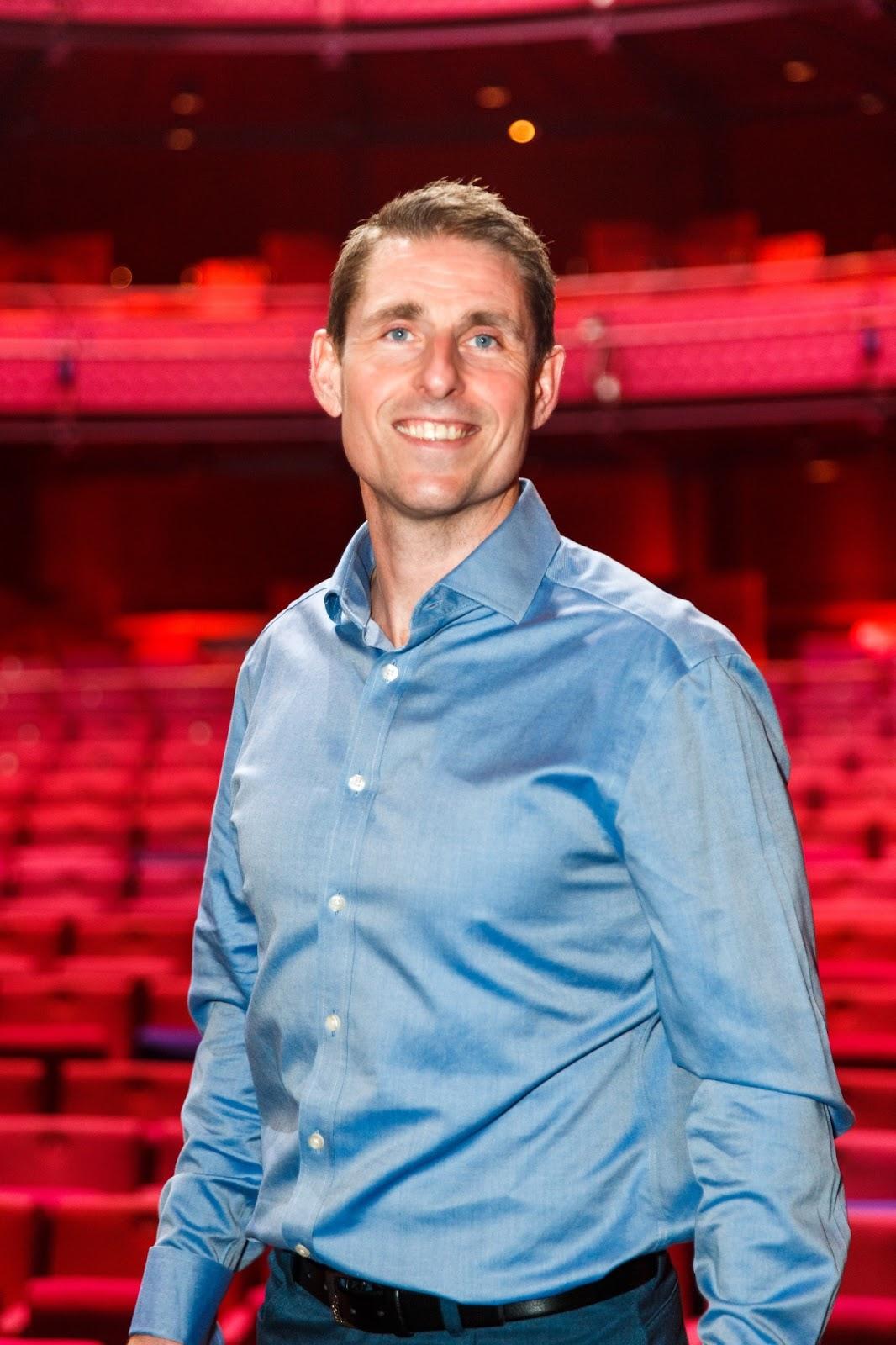The five steps to successful coaching

A leadership expert has shared his top five steps to successful coaching.
Author and inspirational speaker Drew Povey spoke out ahead of International Coaching Week which is celebrated in May.
Drew, the founder of the Drew Povey Consultancy, said: “International Coaching Week is a celebration of the power and impact of professional coaching.
“We can all think of inspirational leaders who have left a lasting legacy, whether it was coaching an international team to victory or founding a world-changing company.
“Having been lucky enough to work with coaches like Stuart Pearce and in organisations as varied as multinational businesses and charities, I know the importance of coaching to
empower individuals and encourage excellence in teams.
“We need strong, positive and inspirational coaches at all levels of life to motivate individuals to achieve their full potential or drive a team to glory.
“A lot of the focus around success is aimed at the individuals, but behind every achievement is someone who is focused on solving problems, identifying solutions and bringing success through support and care.”
Start with the signal, not the noise
“Einstein said, If I had an hour to solve a problem, I’d spend 55 minutes thinking about the problem and five minutes thinking about solutions.’
This is because at the heart of any good problem-solving strategy is understanding the problem. If you don’t understand the problem, you won’t get the right solution.
Because of the world we live in, people often want the quick fix but a good coach will life under the bonnet to find the root cause of the issues. Then you can go about fixing things.
There’s always a lot of noise, particularly when things aren’t going right, so start with the signal.
Ask the question that stops the room
For me, a good leader gets people to really think. High performance comes from high quality questions, whether that’s in the boardroom or in sports.
This means we need to ask really great questions – and get others to ask them as well. I often say a statement made is a question lost.
I want people to pause, to blink and to rethink. That’s how you get the Holy Grail of high performance.
Challenge with care, support with strength
Good coaching isn’t about keeping people in a comfort zone and having a nice chat over a brew. It’s about courage and it’s about being able to challenge people and bring out the best in them – the inner strength and fight they did not know they had.
No one cares what you know until they know that you care.
I don’t believe in being cruel to be kind but it is important to challenge someone to bring out the best in them and not let them rest in a place of mediocre comfort. But that challenge should be caring, it should be motivating and it should focus on their strengths.
Think about the things people have said to motivate you. If you are told something is rubbish, you might just give up. That’s a waste of potential for them and the team. If you are challenged, you can rise to it and make it a personal goal to hit a PB, get a great mark or win a new piece of business.
Spot the gold, even in the grit
When something goes wrong it can be easy to just walk away and give it up as a bad job, but the good leader sees the potential in the mess or the loss.
The Covid pandemic seems like a strange example to see opportunity but it was. As we adapted to a once-in-a-generation situation the nation rallied around. People volunteered and learned new skills, we developed flexible working patterns which means businesses can attract talent from all over the country and we learned what we were capable of dealing with.
I think setbacks can be springboards, but you’ve got to handle it right and find the potential. Once you’ve found that and leveraged it, there’s hope on the horizon and power in the present.
We’ve got to be hopeful, which gives us power today, but you’ve got to spot that gold in the grit.
Aim to move the dial not the whole dashboard
Leadership is about bringing out the best in people and to do that you need to move the dial. But beware about dislodging the whole dashboard.
A good leader will target where they want to have the big impact and know that big change starts small.
It’s about looking at one thought or one small shift or one small habit, because what we know is that over time, the compounding effect of little things will make a big difference.






